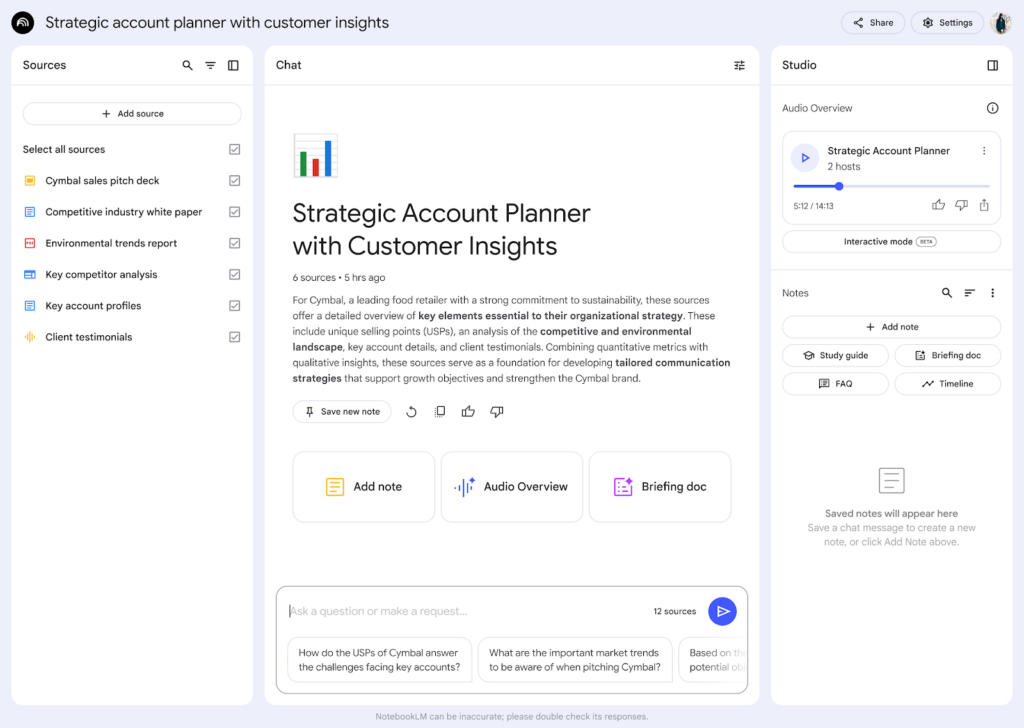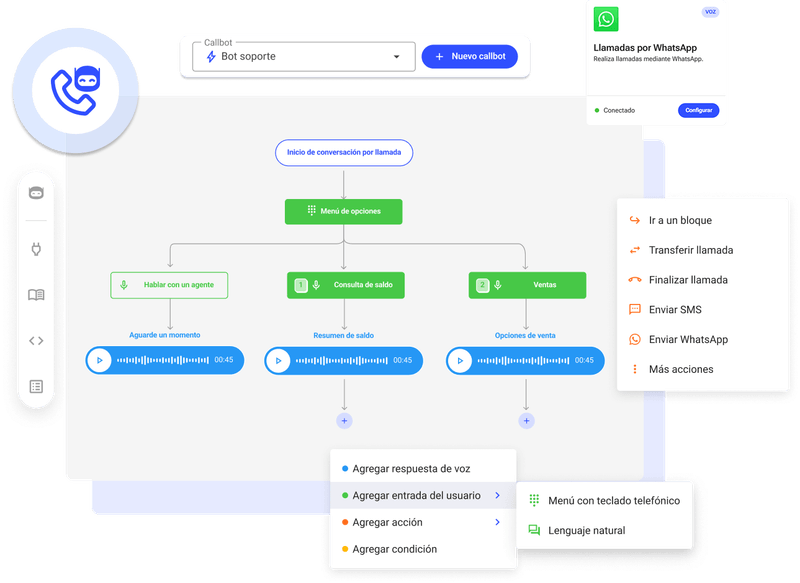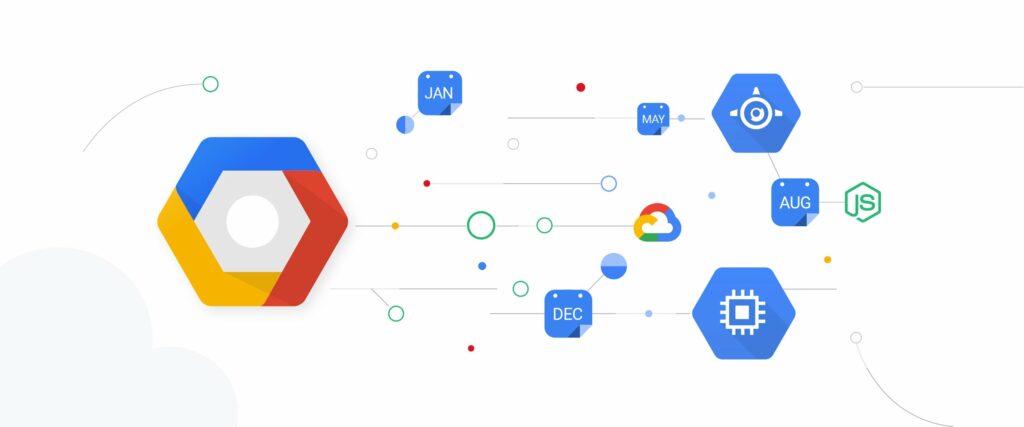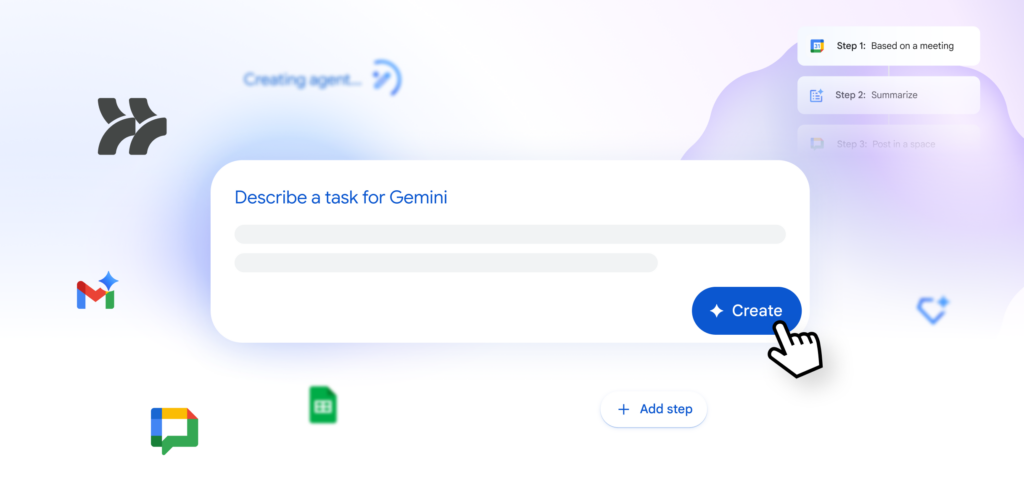Artificial Intelligence in Zoho Desk: Zia at your service
Zia in Zoho Desk is an artificial intelligence tool developed by Zoho, designed to improve the productivity of customer support agents and optimize the customer experience by predicting values in key fields within tickets. Zia's goal is to streamline the problem resolution process, automatically assign tickets to the most appropriate agents, and ensure that the right care is provided in the shortest possible time.
One of the biggest challenges in customer service is providing timely and appropriate solutions. Often, agents do not have all the information needed to resolve an issue on their own, requiring them to seek approvals or consult other team members. In addition, incomplete or incorrect details in tickets can delay the resolution process. To optimize these times, it is key to have accurate and necessary information in tickets from the time they are created.
Zia assists in this process through its predictive capabilities. By analyzing historical ticket data, Zia can predict who should handle a ticket, what action or solution is needed, and how long it might take to resolve it. In this way, it allows agents to focus on more critical tasks, while Zia handles operational aspects such as segmenting tickets and automatically assigning them to the right agents.
A key aspect is that Zia relies on its ability to continuously learn, improving its predictions as it is fed with more data. However, Zia is currently only available in English, although work is already underway to incorporate support for other languages.
Zia's role in reducing resolution time and improving customer satisfaction:
Support agents have multiple responsibilities, which can make it difficult for them to enter every detail of a ticket accurately, especially when they receive a high volume of requests. These details are essential for segmenting tickets, determining ticket severity and service costs, and implementing service level agreements (SLAs).
Zia's field predictions can take a huge workload off agents by analyzing historical data and predicting the correct values for various fields. Over time, its learning, analysis and reasoning capabilities become more accurate. Zia can automatically predict and update values in selection fields such as ticket category, priority and problem type based on its analysis of similar tickets. It can also predict who is responsible for the ticket, which speeds ticket assignment and facilitates timely resolution.
Ticket segmentation and automatic assignment:
It predicts the appropriate values for fields such as severity, problem type, product type, support level and subcategories. If Zia' s predictions match the configured accuracy threshold, it will automatically update the values in the corresponding fields. This saves time, ensures that tickets are handled correctly and enables quick resolution.
Identification of the customer's need from the ticket description:
Many times, customers raise support tickets with generic subjects such as "Urgent Request" or "Transaction Inquiry", requiring agents to carefully read the descriptions to identify the exact need. This process can be tedious and time consuming, especially when handling large volumes of tickets.
Zia can help by analyzing both the subject and the description of the ticket, suggesting specific values for fields such as "service requested" or "type of problem". In this way, agents do not have to spend as much time interpreting the content of the ticket, and the resolution process becomes more efficient.
For Zia to be able to train and improve its predictions, it is necessary to have at least 500 tickets for each field value. Zia's predictions are based on the tickets available at the time of configuration, so it is important to manually add new tickets that arrive later so that Zia can retrain itself and adjust its predictions.


Training and prediction accuracy:
Zia's training process involves using existing tickets in the database to create patterns and predict the correct values for different fields. It trains using about 80% of the available tickets, and evaluates its predictive skills on the remaining 20% to calculate an accuracy score. The higher this score, the more accurate the prediction. Zia can be trained on specific tickets to provide more accurate predictions, for example, on tickets in the technology sector or on a particular type of problem.
Best practices to improve accuracy:
To achieve a higher accuracy score, it is advisable to follow some best practices:
-
Use specific criteria to train Zia in more detailed predictions.
-
Provide a wide range of training data.
-
Re-train Zia with recent tickets.
-
Establish a creation time criterion for training with specific data.
Flow of events during field prediction:
Configuring field predictions requires defining some essential aspects, such as the field that Zia should predict and the values it should analyze. For example, if you want Zia to predict the type of problem among options such as "Code error","Data loss" or "Bug fix", it is important that the training data include tickets from all those categories for the prediction to be accurate.
It is also possible to decide whether predictions will be made automatically or whether agents will have to confirm the predicted values before updating the ticket. The prediction can be executed during ticket creation or when the customer responds to an existing ticket, depending on business needs.
Importation and retraining:
As new tickets are received, it is critical to expand Zia's learning to ensure that predictions remain accurate. New tickets can be imported and added to the prediction system, allowing Zia to adjust its prediction patterns. Companies should also retrain Zia periodically, ensuring that predictions align with changing business and customer needs.
The key to its success lies in its ability to continuously learn, ensuring that predictions remain accurate and aligned with business needs over time. Implementing Zia in ticket management is a strategic investment that strengthens customer relationships and improves operational efficiency.



